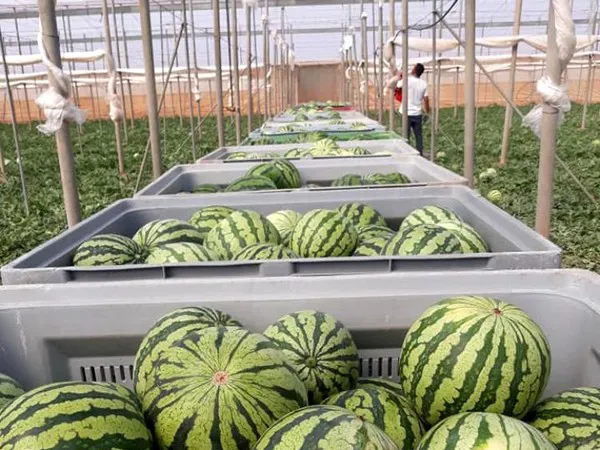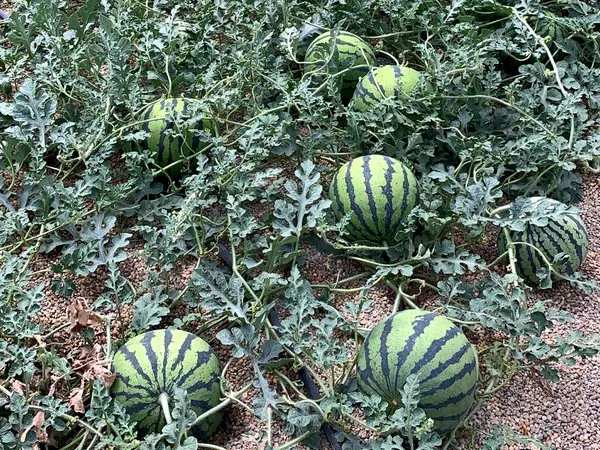Almeria's watermelon season has quickly entered a cycle of price declines, despite it still being in its early stages. "There is a lot of supply and little demand; the opposite of last year, when the volumes available were much smaller due to the weather. Yields have reached 9 kilos per meter, while last year they stood at around 2-3 kilos," explains Manuel Mendez, of Níjar Frucht, "At the end of last week, prices at origin ranged between 10 and 20 cents per kilo. Such prices are unthinkable at this point in the season."

"So far, watermelon sales have been driven more by the domestic market than by exports. Normally, more of our watermelons go to the international market, but right now there are no sales in either the domestic or the international market. In the specific case of Nijar Frucht, 90% of our sales go to the export market, but watermelon consumption strongly depends on temperatures, and if the sun does not come out, no watermelons are sold."

This situation of falling prices at origin is making the difference with retail prices much more evident. "There are big differences, it is true. There are some costs in between that need to be covered, such as handling or logistics, which make the price at origin increase, although at some point, the difference is such that I don't know where those margins are going to."

"However, we must also bear in mind that the supermarkets to which we export receive the information late, with a couple of weeks' delay, and that the chains have to organize their promotions in advance, so the price situation at origin and at retail are often at odds with one another.
"Changes cannot be instantaneously implemented," says Manuel. "In fact, prices are set on a weekly basis, but any increases or decreases usually take 1-2 weeks to be reflected at destination."
 For more information:
For more information:
Níjar Frucht
Paraje Los Grillos Km 4
San Isidro, Almería, Spain
Tel.: +34 950 80 27 72
info@nijarfrucht.com
https://nijarfrucht.com
